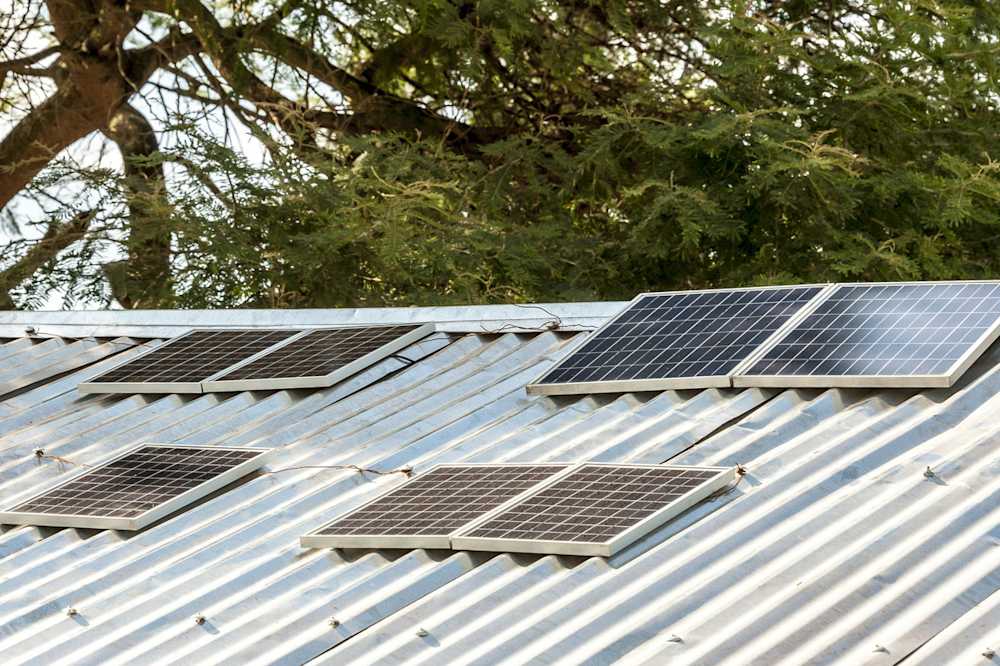Energy access companies require both financing and targeted support
Capacity building is key for thriving energy access companies

The need for access to energy
Access to energy is a key driver of economic growth, yet many emerging market countries still face significant challenges in power generation and distribution, resulting in a population of over 800 million people without access to electricity. Additionally, hundreds of millions more people do not have a reliable power supply. In terms of economic development and social and environmental impact, the lack of access to a reliable source of power reduces both productivity and life quality of many communities, predominantly in Sub-Saharan Africa. The lack of lighting also limits the ability of people to carry out activities at night or at dawn (small shops, handicrafts, reading, housework or schoolwork).
Financing: the first part of the solution
To tackle these challenges, many energy access businesses have been developed over the last few years and scaled up to provide more and cleaner energy solutions. The off-grid solar sector has grown tremendously over the past 10 years into a vibrant, USD 1.75 billion annual market, which remains on a solid growth trajectory currently serving 420 million users (1).
The scale and development of this sector requires solid financing conditions to continue its growth path. Debt financing is required to support energy companies in developing countries who drive the clean energy transition. But often they do not get the adequate type of financing from local banks since they are usually not keen on assessing new business models, lack the long-term funding and typically do not have the expertise to structure more complex transactions.
Capacity Building: the second part of the solution
Energy companies in developing countries therefore require extra support, i.e. capacity building, to reach the necessary scale and sustainability in operations in order to become investment-ready. At responsAbility, capacity building provided to Energy Access companies is part of our DNA and is implemented by the Investment, E&S and Technical Assistance (TA) Teams. The TA’s objective is to support early stage and portfolio companies operating in the Energy Access space in their effort to scale and receive international financing. Highly innovative companies but with a limited track record can especially benefit from targeted support resulting in high impact and accelerated market development.
The advisory support and capacity building provided by the TA Facility helps energy companies in different ways:
1) By supporting early stage companies with targeted advisory services, TA allows these companies to become investment ready and sustain their operations.
2) By strengthening internal capacities of growth companies, TA helps to de-risk investments and improve E&S practices, thereby attracting financing partners.
3) By sharing industry best practices with relevant stakeholders, TA helps to accelerate capacity building via peer learning and professionalization, and also deepen economic, social and environmental impact.
Capacity building projects can range from the set-up of client scoring cards to the digitalization of operations for our beneficiaries. Typical projects include the review of the beneficiaries’ financial model to validate the robustness and resilience of their growing operations, including risk structure and drivers of growth. This enables them to gain a better understanding of their revenue and cost structure as well as showing best practices in managing energy companies. The expected deliverables of such advisory are financial models and project reports, which provide companies with a better “control mechanism” of their revenue and cost structure in line with best practice of managing energy companies. In addition to those capacity building projects, the close interaction allows for a more holistic understanding.
More than access to energy
Capacity building for Energy Access companies does not only help towards the improvement of electricity access, but also contributes towards the long-term sustainability of the entire sector. Sustainable power is a main driver for economic growth and human development, consequently contributing to poverty reduction. In a time where the impacts of climate change are increasingly visible, utilizing renewables is key for future development and the fight against climate change – whose effects have, for the past years, mainly hit communities at the bottom of the pyramid.
[1] Off Grid Solar Market: Trends Report 2020

Marian Grabowski
Marian Grabowski works as Senior Project Manager for the Technical Assistance Team at responsAbility Investments AG. He manages Technical Assistance projects in the renewable energy sector to facilitate investments and impact of different funds managed by responsAbility. Marian has a M.A. in International Affairs from the University of St. Gallen as well as a Master in Finance and Strategy from Sciences Po Paris.